Metal Detecting for Relics
Metal Detecting for Relics
metal detecting for relics in Mining camps are one of the best locations to search for coins and relics. This is due to the huge influx of people that came in search of gold and silver during the 1800’s. Most of the earliest settlers came because of mining. Mining really was responsible for building this country.
While it’s true that many of us who like to metal detect in gold country are primarily interested in finding gold nuggets, searching for old mining relics in the nearby mining camps can also be a lot of fun.
Where to Search
Some of the early mining towns are still towns even today, with many residences still living there even now. There is often still active mining taking place and some great coins and relics are still buried in the ground.
Of course, these more well-known towns have probably been hunted before by metal detectorists. There can also be an abundance of modern trash in towns like this which makes it more challenging.
The best places to hunt for relics now are probably the lesser known gold rush towns that are long gone today. These were the boom-and-bust mining towns that occurred all throughout the West. Gold or silver would be discovered and thousands of miners would flock to the area, only to abandon the town for richer ground only a year or two later.
These abandoned mining towns are often completely gone today. Frequently they were wiped out by fire, leaving almost nothing behind. Today the land has returned to nature and there is very little evidence that there were thousands of people living there at one time.
The miners who lived in these mining camps didn’t have much, but they did lose things just as we do from time to time. Old coins can be recovered in areas where people congregated, and there is an abundance of junk that they just tossed aside that are very interesting relics to find today.
Relic hunting is very different from prospecting for gold nuggets. Relic hunters are usually more selective about the targets that they dig, since trash targets are so abundant in these old camps. Because of this, the preferred metal detectors to use are ones that have quality discrimination.
What You Can Expect to Find
It’s always an adventure hunting old mining camps; you just never know what might be buried under the ground! You are likely to find a lot of mining tools and rubbish… things like nails, metal straps, shovel heads, etc. are all common in old mining camps. The old miners still used money in these camps, so there are plenty of old coins that you can find too!
Relics might include buttons, snuff tins, old bullets, belt buckles, etc. Some people have even found old revolvers that were lost over 100 years ago.
And remember, there is always a chance that a miner might drop one of their gold nuggets! The old mining towns were often built right on top of rich gold bearing ground, so don’t walk past a target if it might be a gold nugget, they are still out there being found.
A lot of relic hunting consists of searching in remote areas. These include, but are not limited to, dense woods, mountains, abandoned fields, swamps, ancient settlements, and battlefields. Each will produce its own type of relics, so be sure you know what type of relics you are looking for. You don’t want to dig up an axe head, think its worthless, and find out later it was a piece of medieval or WWI equipment.
River hunting can be different than traditional land hunting, but most civilizations settled near waterways. There is a good chance you will find relics near or even in rivers and streams. Be aware that relics in waterways can often be buried deeper, as the river is a constantly moving and changing environment.
Make sure that your metal detector has a waterproof coil. You don’t need a fully submersible model unless the water is very deep, just make sure you don’t drop it in the water!
These areas once had water running through them or are natural washes for flash floods in the desert. People followed rivers and creeks to get from point A to point B. Anywhere people followed the water has a chance of being home to relics.
Many battlefields are off limits as they are now national parks or cemeteries, you may not be able to detect on some of them. Ask for permission to hunt land adjoining the battlefield, where the battle may have spilled over. Research where in the area camps were located, or where battle staging areas were.
Because a lot of relics are found in remote places, it is always advisable to bring along a GPS device, a paper map, and your cell phone. Keep in mind, electronic devices can cause electromagnetic interference with metal detectors, so you may want to keep them turned off unless you need them. Keeping a paper map with you and mapping out your route will keep you on the right path in the event your GPS device or cell phone battery dies.
Always walk your metal detecting site before you begin. Take note of the surface soils, looking for indicators of past activities. Keep an eye out of pottery fragments, glass, foundation stones, chimneys, brick fragments, and paths.
It is always a good idea to keep a log of your finds. Document what the item is, where it was found, and when it was found. This will give you a good idea of areas you have already searched and could potentially start to form patterns, so you know the best place to search next.
Turn your discrimination down as low as you can stand. While not everyone is looking for iron relics, a higher discrimination could mask a good target sitting too near a ferrous target.
As with any metal detecting trip, you should always be as safe as possible. Remain aware of your surroundings, and don’t get so wrapped up in your detecting that you block out everything else.
If you are in a remote or very rural area, you should keep an eye out for wildlife or livestock. We ended up with cows on one side of our camp, and bears across the river on the other side last time we detected . So, remain aware and keep an eye out for wildlife.
There is no doubt you will find targets in most areas. The hardest part is staying motivated and positive when all you seem to be finding is junk. I was near giving up on my last metal detecting trip due to the high amount of trash in the area. But I kept at it and ended up finding a couple pieces of native silver! Keep going. Mixed in with all that trash are truly wonderful targets.
This is always one of the most important tips. If you aren’t having fun, you won’t want to keep doing it. Metal detecting requires patience and perseverance. If it were easy, everyone would do it, right? So, keep at it, have fun, stay positive, and find those relics!


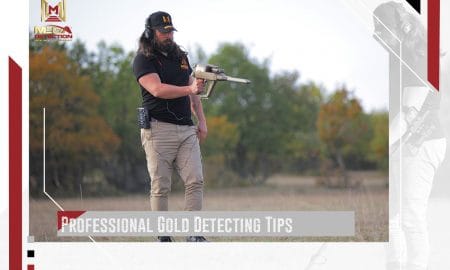
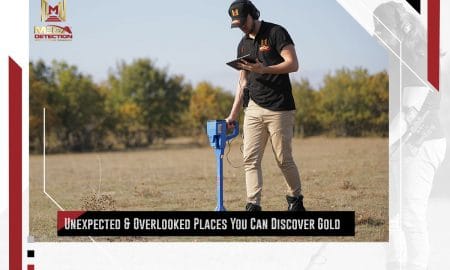
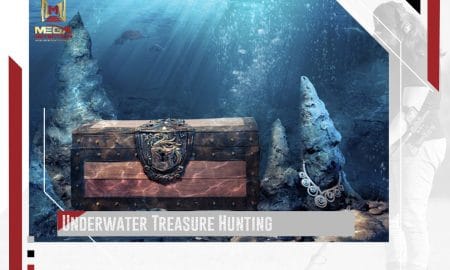
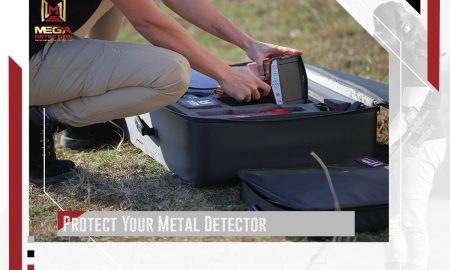
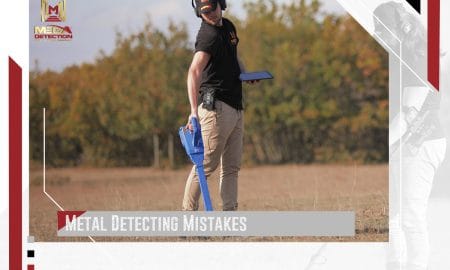
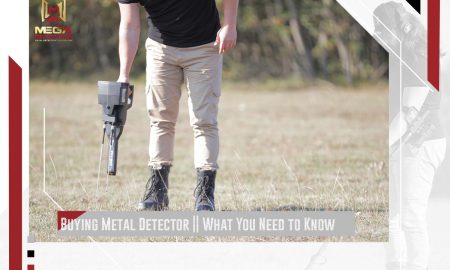

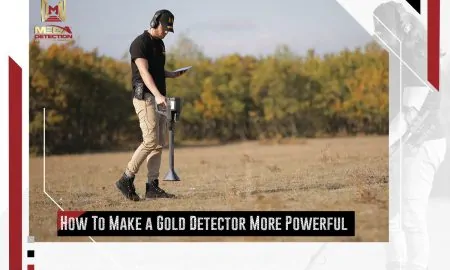


Leave a Reply